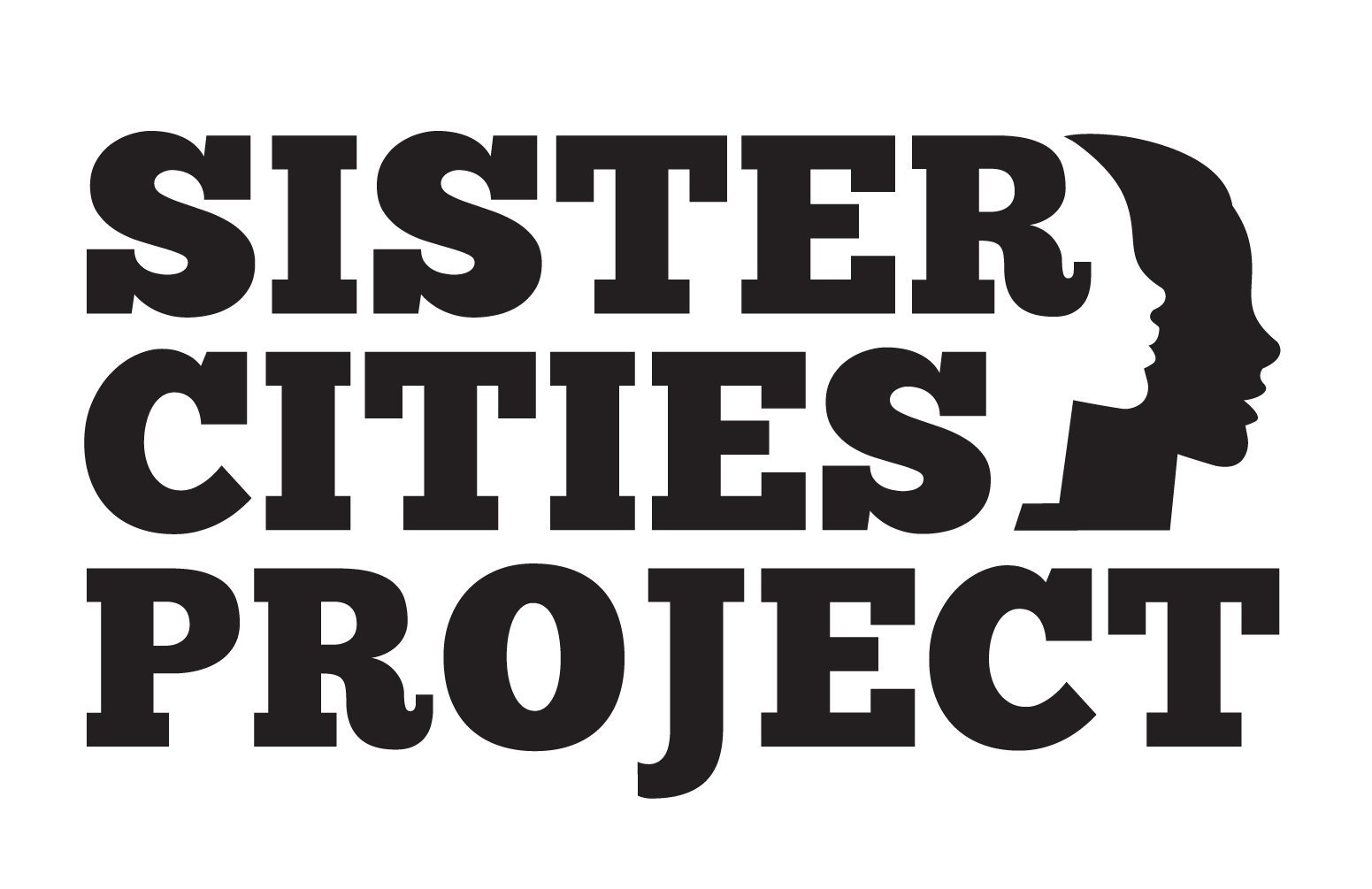Rising food insecurities among underserved communities have become a pressing issue in San Diego, as evidenced by actual city data. Food equity is of paramount importance because it ensures that all individuals, regardless of their socio-economic status, have access to nutritious and affordable food. The data highlights the dire circumstances faced by underserved communities. For instance, in City Heights, a predominantly low-income neighborhood, approximately 30% of households experience food insecurity, leading to increased vulnerability to chronic health conditions.
As a previous resident of Solana Beach, an affluent community in San Diego County, I experienced firsthand the glaring disparity in access to healthy food and restaurants compared to communities such as City Heights or Southeastern San Diego. It was deeply disheartening and unacceptable to witness such stark differences just a short trip down the freeway. What further exacerbates this inequity is the unfortunate reality that businesses offering healthier options tend to only open in these communities once the gentrification process is in full swing. This inequitable situation underscores the urgent need for comprehensive and inclusive strategies that prioritize food equity from the start, ensuring that all residents, regardless of their neighborhood, have equal access to nutritious and affordable food options without having to wait for gentrification to address their fundamental needs.
Furthermore, the data reveals that in Southeast San Diego, nearly 40% of residents live in areas with limited access to grocery stores, forcing them to rely on unhealthy and expensive food options from corner stores or fast food outlets. Additionally, the data points out that children in these communities often suffer from food insecurities, with over 18% of San Diego County’s children at risk of hunger. These examples underscore the urgent need to address food inequities and implement sustainable solutions that empower underserved communities to access nutritious food and lead healthier lives.
- Improve Access to Affordable and Nutritious Food: The San Diego Hunger Coalition collaborates with local farmers and community partners to establish farmers markets in underserved areas, ensuring access to fresh and locally sourced produce. They also operate the “Mobile Market” program, which brings affordable fruits, vegetables, and other groceries to neighborhoods with limited access to grocery stores.
- Expand Food Assistance Programs: Feeding San Diego, a leading hunger-relief organization, works to increase awareness and participation in food assistance programs. They provide assistance with SNAP applications, conduct outreach programs, and offer enrollment assistance for other programs like WIC, ensuring that eligible individuals in underserved communities can access the support they need.
- Foster Food Education and Skill-Building: The Berry Good Food Foundation is dedicated to promoting food literacy and sustainable agriculture in San Diego. They collaborate with local schools, community centers, and chefs to offer cooking classes, nutrition workshops, and gardening programs. By equipping individuals with culinary skills and nutrition knowledge, they empower them to make healthier food choices.
- Support Local Food Initiatives: The International Rescue Committee’s New Roots program supports refugee and immigrant communities in establishing community gardens throughout San Diego. These gardens not only provide fresh produce but also foster cultural connections and promote self-sufficiency within these communities.
- The San Diego Food System Alliance (Alliance) is a diverse and inclusive network that works across sectors to promote collaboration, influence policy, and catalyze transformation in the food system. Their work is grounded in a shared platform, San Diego County Food Vision 2030, created through the input of over 3,000 individuals, majority from communities closest to the issues (residents in communities of color, workers, farmers, fishermen, small food businesses).
- Collaborate with Community Organizations: The Jacobs & Cushman San Diego Food Bank works closely with a network of over 500 community-based organizations and non-profits to address food insecurities comprehensively. Through partnerships with food pantries, soup kitchens, and other local organizations, they distribute millions of pounds of food each year, ensuring that individuals and families have access to nutritious meals.
In conclusion, the organizations in San Diego working to address food insecurities in underserved communities have made significant strides towards achieving food equity. Data trends indicate their efforts have had a positive impact, improving access to fresh produce, increasing enrollment in food assistance programs, promoting food education, and fostering community engagement. However, it is clear that there is still much work to be done to achieve true equity in food access and security. Continued collaboration, data-driven approaches, and a steadfast commitment to addressing systemic barriers are essential to further advance the goal of food equity in San Diego’s underserved communities.

